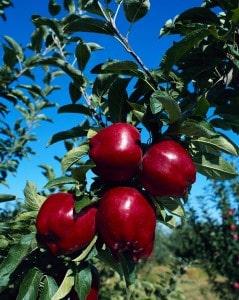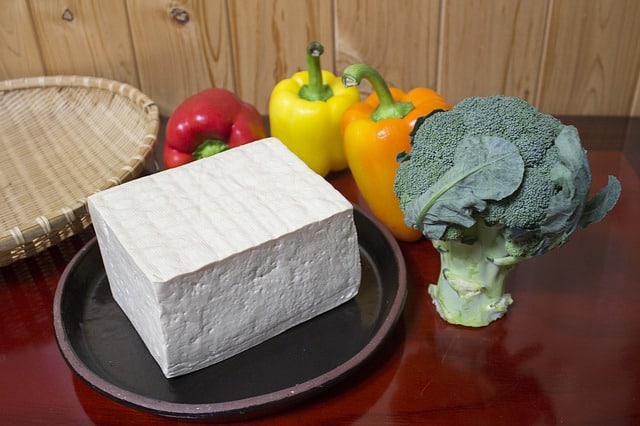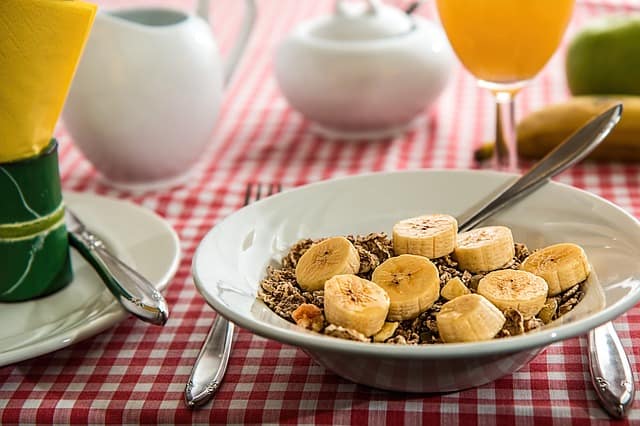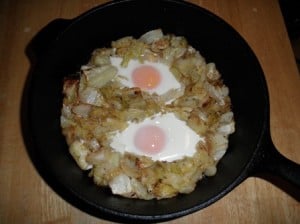 Happy Earth Day!
Happy Earth Day!
These days, we’re more conscious of how our dietary choices affect the health of our planet. But it gets complicated. Sure, buying organic products helps reduce the amount of pesticides and artificial fertilizers that are applied to the ground. But what about the environmental impact of transporting organic produce thousands of miles from its source to your table? How about all the energy it takes to process, package, and transport the organic convenience foods and all-natural junk food that fill the freezers and shelves of high-end whole-foods grocers? And to bring the conversation back to nutrition for a moment, how nutritious do you think those organic sugar-frosted corn flakes really are?
In honor of Earth Day, here are six ways to make your diet healthier for your body and the planet. Continue reading “Six Ways to Make Your Diet Healthier (for the Planet)”



![MP900314006[1]](https://nutritionovereasy.com/wp-content/uploads/2012/07/MP9003140061-300x196.jpg)

